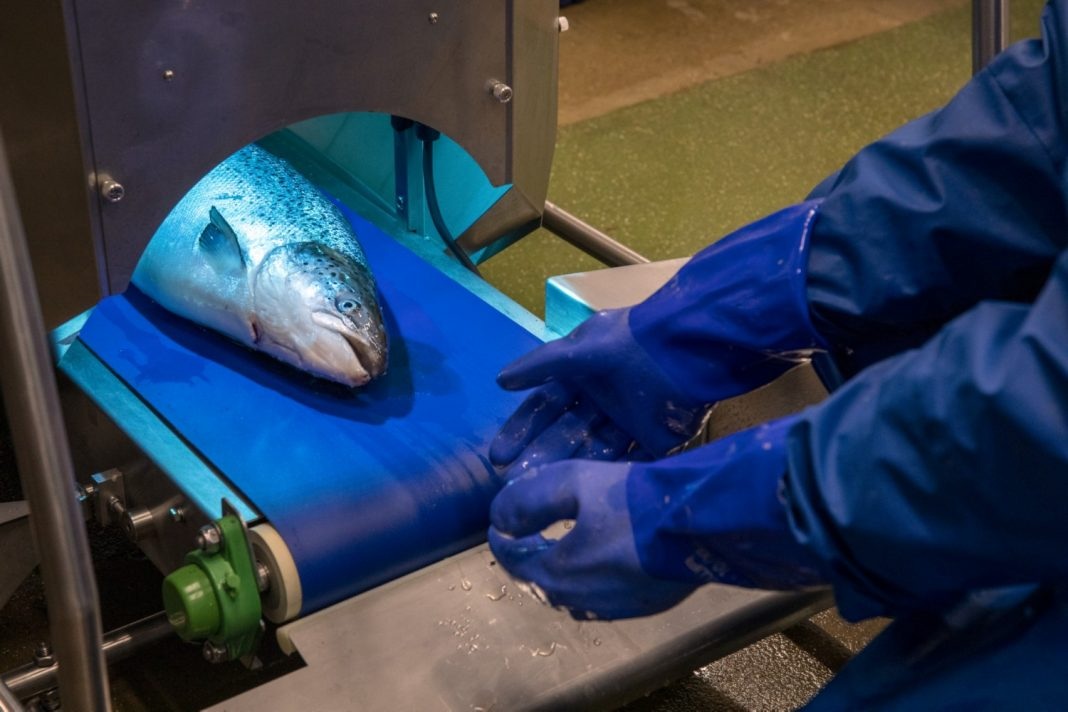
UK researchers are making nylon from fish waste
YarnsandFibers News Bureau 2021-10-15 13:57:53 – United KingdomA group of Scottish researchers is investigating a new bio-based approach for producing adipic acid, a key component of nylon, that utilizes enzymes.
Plastic experts from Impact Solutions, the Industrial Biotechnology Innovation Centre (IBioIC), biotechnology researchers from the University of Edinburgh led by Dr. Stephen Wallace, and Farne Salmon are using advanced molecular biology techniques to investigate the feasibility of developing more environmentally friendly man-made fibers for use in clothing and other everyday products.
The UK's fish processing sector generates up to 492,000 tonnes of waste per year, which includes fish remnants, oils, and wastewater collected during the clean-down of processing plants.
Currently, the waste must be treated and separated, which is expensive and energy-intensive treatment, or it can be used in low-value goods like animal feed or fertilizer.
According to an article in Scotsman, the firm is collecting waste material generated during fish processing and extracting the fatty components using biological enzymes. They're using genetically modified bacteria to transform these pieces into a mixture of adipic acid, a major ingredient in nylon, and other beneficial by-products, which is thought to be a global first.
Simon Rathbone, development manager at Impact Solutions, said that the project marks the start of an exciting adventure to find a sustainable alternative for a vital component found in the fabric of our clothes. The initial feasibility study has brought them to an exciting point where they can see the possibility of generating value from a material that would otherwise be discarded.
Rathbone added that they want to maximize the overall value of the process by looking at other components that can be extracted from fish waste, such as fatty acids and fish oils, in addition to adipic acid. Collaboration has been critical in getting them to this point, demonstrating what can be accomplished when industry and academic partners collaborate and combine expertise.
Liz Fletcher, director of business engagement at IBioIC, said that exploring sustainable bio-based alternatives to petrochemical-based processes is an important step in Scotland's efforts to reach net zero. There is a huge opportunity to make more use of co-products and extract value from industrial waste as part of that.
Angus Forbes, environment and projects manager at Labeyrie Fine Foods, said that their objective is to be a more sustainable business, managing all elements and impact of their daily activities, and in particular utilizing in full the finite resources they influence on a daily basis. In recent years, their waste streams have been a primary emphasis, and they've developed ways to reroute them to enterprises with the foresight and expertise to use them as a raw material for further processing.
Adipic acid is utilized in a variety of products, including polyurethane-based things like building insulation and furniture cushioning, as well as cosmetics, lubricants, pharmaceuticals, and food additives and flavorings, in addition to nylon. The discovery, according to the researchers, is an important first step in developing a sustainable, bio-based alternative to petrochemical-derived adipic acid.
The existing procedure is recognized to have a considerable environmental impact. One of the many by-products of the process is waste nitrous oxide, which according to some reports is potentially more detrimental to the planet than carbon dioxide.
Market Intelligence
Ask for free sample Report

experience
Customer Base
dedicated team
Countries Served Worldwide









